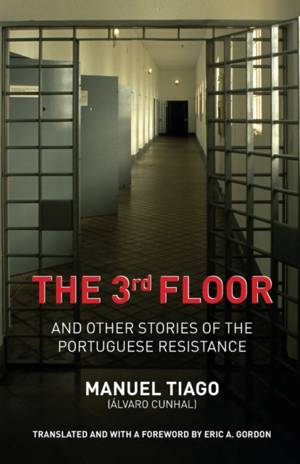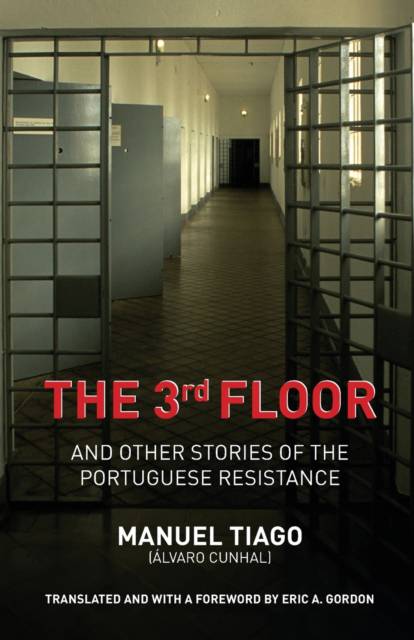
- Retrait gratuit dans votre magasin Club
- 7.000.000 titres dans notre catalogue
- Payer en toute sécurité
- Toujours un magasin près de chez vous
- Retrait gratuit dans votre magasin Club
- 7.000.0000 titres dans notre catalogue
- Payer en toute sécurité
- Toujours un magasin près de chez vous
Description
Tiago brings us into a clandestine world, closely, intimately, and leaves the legacy of that time and the demands it made on committed militants. If the time should ever come, anywhere, when this level of organized underground resistance is called for, then pick up these books and study how it was once done. In addition, these stories are engaging in their own ways, and Tiago introduces us to some memorable characters and scenes.
These stories are presented in a certain order as if to suggest the birth, adventures and day-to-day lives of Communist militants in fascist Portugal as portrayed in different characters at discrete stages of political evolution. The presence of the Party is not felt in the last story, at least not overtly, but nevertheless it reflects the collective stance of a rural community toward a generally hated landowner, perhaps indicating how deeply anti-oligarchical ideas have embedded themselves even amongst a non-politically engaged population.
Spécifications
Parties prenantes
- Auteur(s) :
- Editeur:
Contenu
- Nombre de pages :
- 162
- Langue:
- Anglais
Caractéristiques
- EAN:
- 9780717808717
- Date de parution :
- 26-08-21
- Format:
- Livre broché
- Format numérique:
- Trade paperback (VS)
- Dimensions :
- 140 mm x 216 mm
- Poids :
- 213 g

Les avis
Nous publions uniquement les avis qui respectent les conditions requises. Consultez nos conditions pour les avis.






